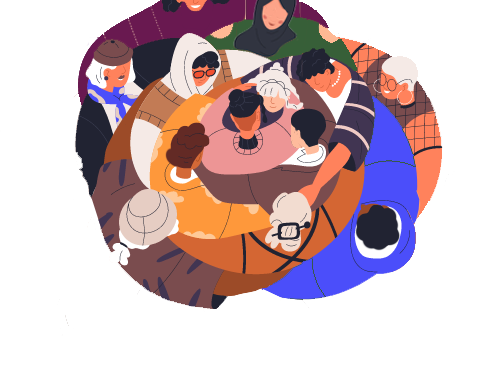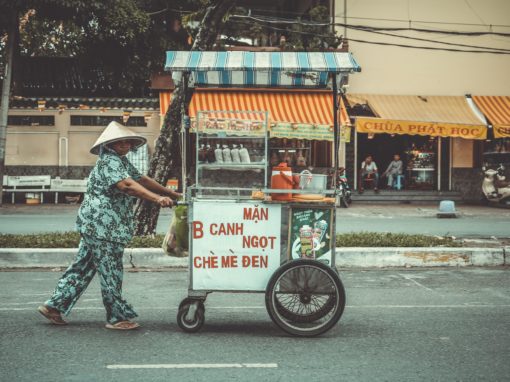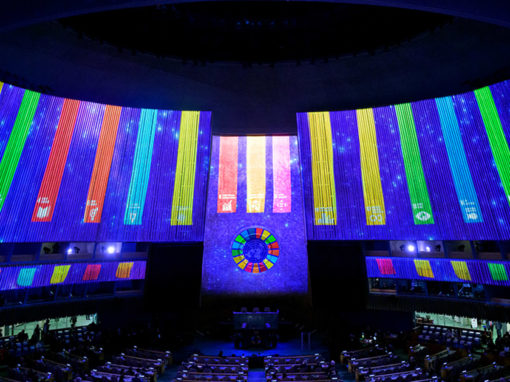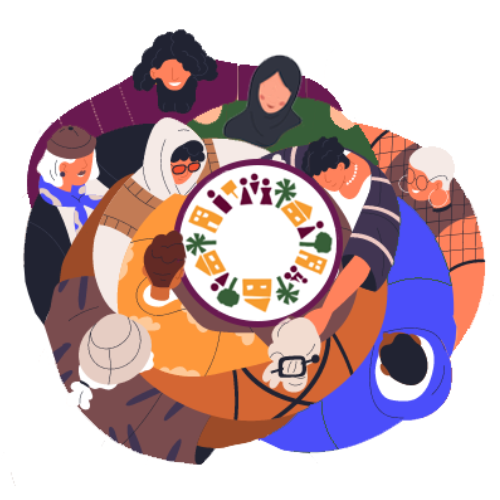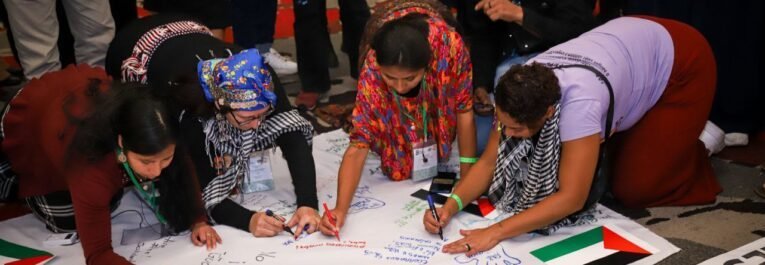Résumé
L’Agenda des femmes pour la ville en Amérique latine a été lancé le 8 mars 2019. Il s’agit d’une initiative du Réseau Femmes et Habitat Amérique latine dans six villes de la région : Bogotá, Córdoba, San Salvador, Lima, Guatemala City et Santiago du Chili.
Télécharger le document en espagnol: www.sitiosur.cl/agenda-de-mujeres-por-la-ciudad-en-america-latina
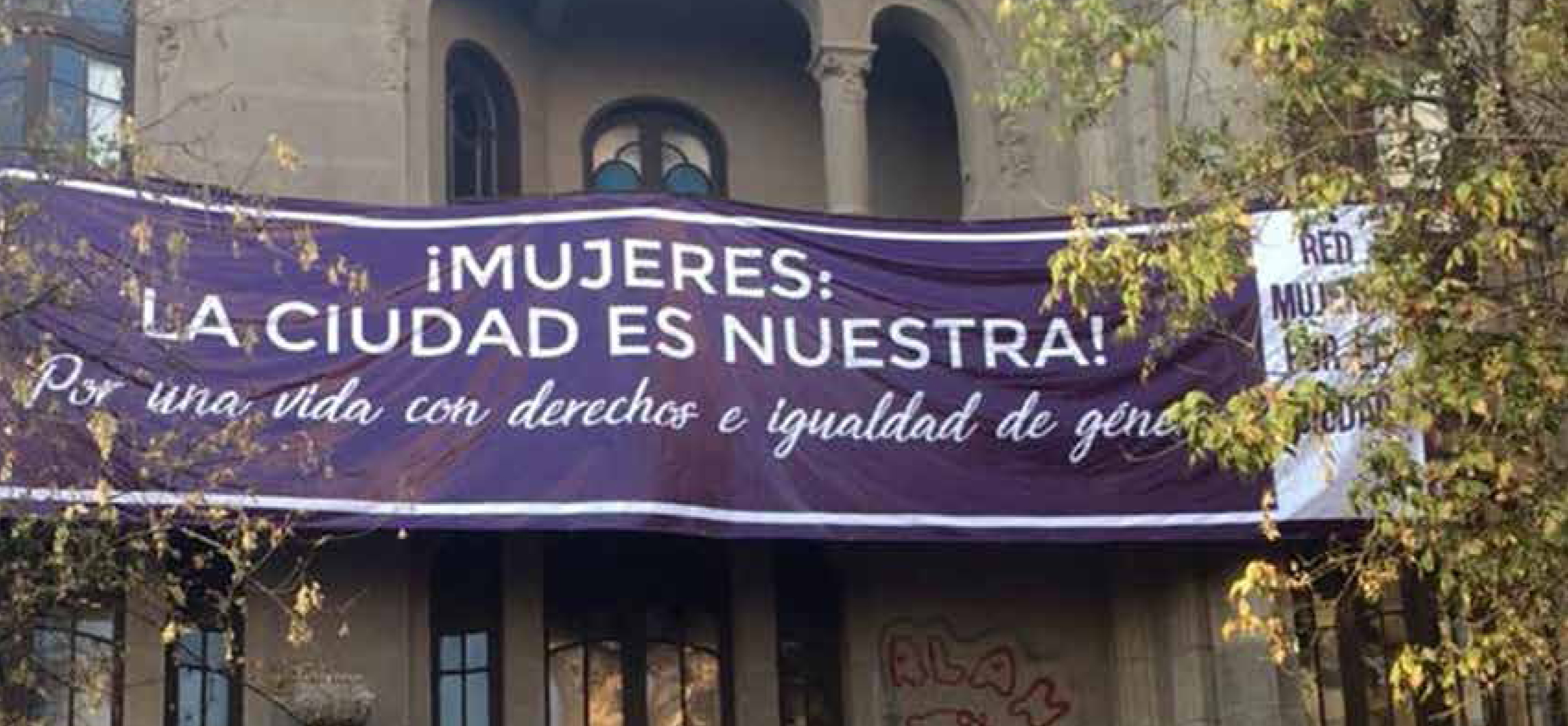
In order to make citizen demands visible and to advance proposals to guarantee the exercise of women’s rights to the city, the Women’s Agenda for the City in Latin America was launched on March 8, 2019.
This is a proposal developed in participatory processes by diverse women, members of organizations from six cities in the region, convened by the Red Mujer y Hábitat América Latina[i]: AVP Foundation in Bogotá (Colombia); CISCSA, in Córdoba (Argentina); Colectiva Feminista, San Salvador (El Salvador); Centro de la Mujer Peruana Flora Tristán, Lima (Peru); Fundación Guatemala, in Guatemala City (Guatemala); and SUR Corporación de Estudios Sociales y Educación, Santiago (Chile).
The Agenda moves forward on issues such as cities without violence against women; urban mobility with a gender focus; services and equipment for daily life; economic autonomy for women; policies and programmes with a gender focus; parity as a horizon; social integration of migrant, displaced and refugee women; and addressing environmental risks.
Its purpose is to influence a vision of the territory that recognizes women’s rights in their diversity and that incorporates a gender and intercultural approach in its planning and management. In short, it seeks to move towards a shared and inclusive city, with rights and gender equality.
Download the Agenda: www.sitiosur.cl/agenda-de-mujeres-por-la-ciudad-en-america-latina
[i] La Red Mujer y Hábitat América Latina (The Women and Habitat Latin America Network) (www.redmujer.org.ar) is made up of institutions and women committed to the promotion of women’s rights and greater gender equity in the field of habitat. Its organization consists of a regional coordinating body, representatives of institutions from various Latin American countries, and individual members.


